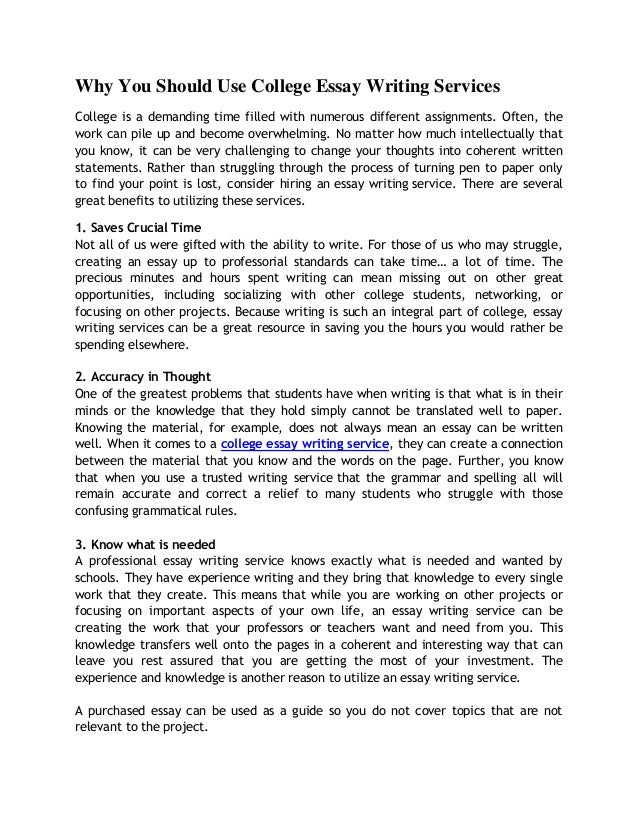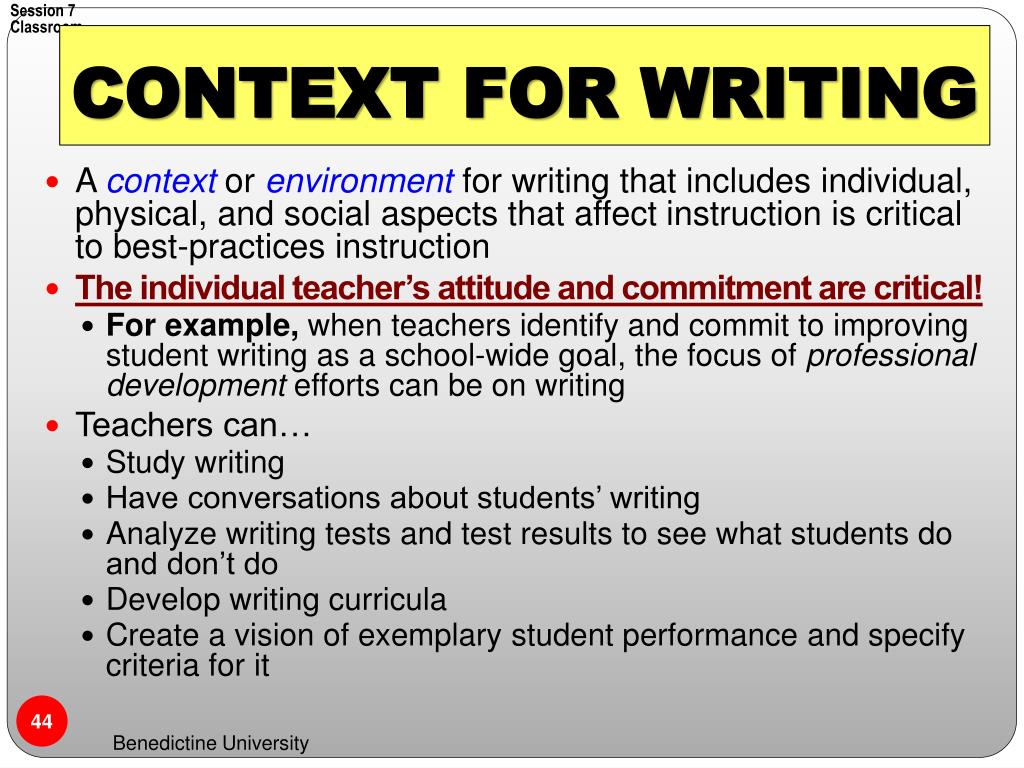

Ainara Imaz Agirre & María del Pilar García Mayo: The Impact of Agency in Pair Formation on the Degree of Participation in Young Learners' Collaborative DialogueĬhapter 18. Scott Aubrey: The Role of Task-Based Interaction in Perceived Language Learning in a Japanese EFL ClassroomĬhapter 17. YouJin Kim, Hyejin Cho & Haoshan Ren: Collaborative Writing Tasks in an 元 Classroom: Translanguaging, the Quality of Task Outcomes and learners' PerceptionsĬhapter 16.

Mohammad Ahmadian & Abbas Mansouri: Collaborative L1 Planning and L2 Written Task Performance in an Iranian EFL ContextĬhapter 15. Masatoshi Sato: Metacognitive instruction for Collaborative Interaction: The Process and Product of Self-regulated Learning in the Chilean EFL ContextĬhapter 14. Maria Elena Solares Altamirano: Teachers' Responses to an Online Course on Task-Based Language Teaching in MexicoĬhapter 13. Priscila Fabiane Farias & Raquel Carolina Souza Ferraz D`Ely: Task Design and Implementation for Beginning-Level Elementary School Learners in South-Brazil: Challenges and PossibilitiesĬhapter 12. Tatiana Bogachenko & Rhonda Oliver: The Potential use of TBLT in Post-Soviet Society: Case Studies from UkraineĬhapter 11. Rhonda Oliver: Developing Authentic Tasks for the Workplace using Needs Analysis: A Case Study of Australian Aboriginal Vocational StudentsĬhapter 10. Foreign Service Officers: The Challenge of the Japanese Celebration SpeechĬhapter 9. Kyoko Hillman & Mike Long: A Task-based Needs Analysis for U.S. Rod Ellis: Teacher-Preparation for Task-based Language TeachingĬhapter 8. Lindy Norris: Using Tasks within Neo-liberal Educational EnvironmentsĬhapter 7.

Marta Gonzalez-Lloret: Using Technology-Mediated Tasks in Second Language Instruction to Connect Speakers InternationallyĬhapter 6. Curtis Kelly: Some Principles for Interactive Task Design: Observations from an EFL Materials WriterĬhapter 5.

Jonathan Newton and Trang Le Diem Bui: Low-Proficiency Learners and Task-Based Language TeachingĬhapter 4. Craig Lambert: Instructional Frameworks for Using Tasks in Second Language InstructionĬhapter 3. Craig Lambert & Rhonda Oliver: Introduction: Tasks in ContextĬhapter 2. The book is particularly useful for teachers willing to embrace a task-based instruction, as chapters exemplify a variety of information, opinion, and reasoning tasks (Ellis, 2009), include spoken, written, and hybrid modalities, examine traditional and online genres, and combine old and new resources.Ĭhapter 1. offers insightful considerations on theoretical and empirical aspects, highlighting research, pedagogical needs, and practical implications for the foreign language classroom. Like the other volumes in this remarkable series, the chapters in this book not only reflect on key current theory, but also discuss useful and usable empirical findings I would whole-heartedly recommend this book to any teacher, teacher educator, researcher, and decision maker with a stake in effective language education. Lambert and Oliver have done an admirable job of collating a rich and diverse collection of studies, all offering insights into how tasks can be used more effectively in real-world classrooms. This is an important book for researchers and professionals alike, making important theoretical and practical contributions. Most distinctive are the wide geographical contexts and the range of ages which motivate the different studies. They provide a huge breadth of coverage, of different age ranges and instructional contexts. Lambert and Oliver have assembled an excellent variety of chapters on task-based instruction. Natsuko Shintani, Kansai University, Japan It is also useful for researchers and postgraduate students in that it considers the effects of tasks on L2 acquisition and performance. Pre-service and in-service teachers will benefit from the concrete advice about practical issues in implementing tasks in different contexts. This volume provides insights into teachers' practices and challenges when introducing tasks in their classroom, covering a wide range of international educational contexts. Shaofeng Li, Florida State University, USA Lambert and Oliver fill a significant gap through this timely initiative.
Writing in diverse contexts how to#
However, what is missing in the literature is 'practice', that is, how to effectively implement task-based instruction by taking into account various factors at the macro and micro level. Task-based instruction features the integration of theory, research, and practice.


 0 kommentar(er)
0 kommentar(er)
